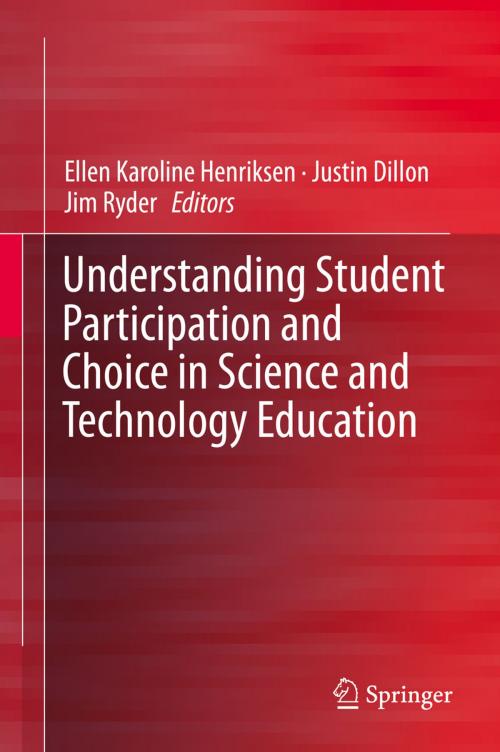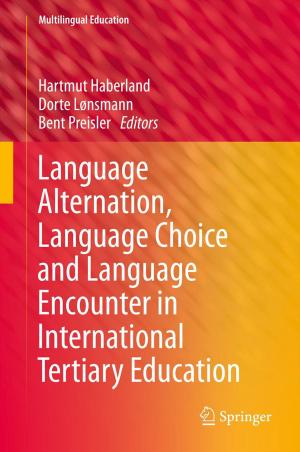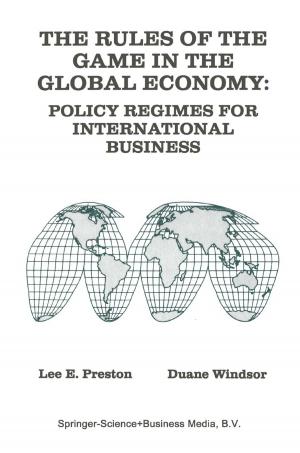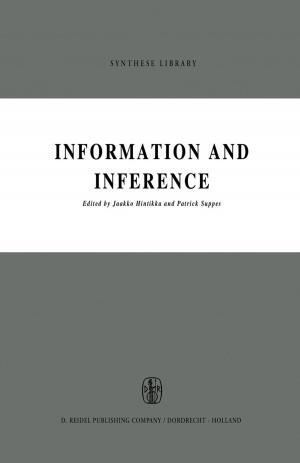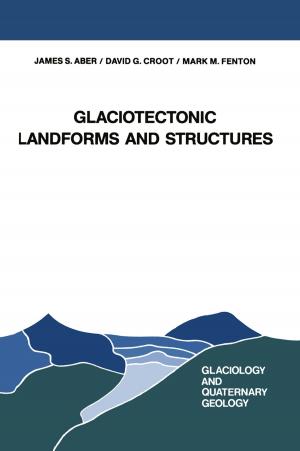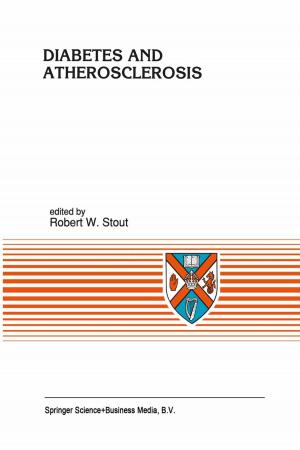Understanding Student Participation and Choice in Science and Technology Education
Nonfiction, Science & Nature, Science, Other Sciences, Study & Teaching, Reference & Language, Education & Teaching, Teaching, Teaching Methods| Author: | ISBN: | 9789400777934 | |
| Publisher: | Springer Netherlands | Publication: | September 17, 2014 |
| Imprint: | Springer | Language: | English |
| Author: | |
| ISBN: | 9789400777934 |
| Publisher: | Springer Netherlands |
| Publication: | September 17, 2014 |
| Imprint: | Springer |
| Language: | English |
Drawing on data generated by the EU’s Interests and Recruitment in Science (IRIS) project, this volume examines the issue of young people’s participation in science, technology, engineering and mathematics education. With an especial focus on female participation, the chapters offer analysis deploying varied theoretical frameworks, including sociology, social psychology and gender studies. The material also includes reviews of relevant research in science education and summaries of empirical data concerning student choices in STEM disciplines in five European countries.
Featuring both quantitative and qualitative analyses, the book makes a substantial contribution to the developing theoretical agenda in STEM education. It augments available empirical data and identifies strategies in policy-making that could lead to improved participation—and gender balance—in STEM disciplines. The majority of the chapter authors are IRIS project members, with additional chapters written by specially invited contributors. The book provides researchers and policy makers alike with a comprehensive and authoritative exploration of the core issues in STEM educational participation.
Drawing on data generated by the EU’s Interests and Recruitment in Science (IRIS) project, this volume examines the issue of young people’s participation in science, technology, engineering and mathematics education. With an especial focus on female participation, the chapters offer analysis deploying varied theoretical frameworks, including sociology, social psychology and gender studies. The material also includes reviews of relevant research in science education and summaries of empirical data concerning student choices in STEM disciplines in five European countries.
Featuring both quantitative and qualitative analyses, the book makes a substantial contribution to the developing theoretical agenda in STEM education. It augments available empirical data and identifies strategies in policy-making that could lead to improved participation—and gender balance—in STEM disciplines. The majority of the chapter authors are IRIS project members, with additional chapters written by specially invited contributors. The book provides researchers and policy makers alike with a comprehensive and authoritative exploration of the core issues in STEM educational participation.
